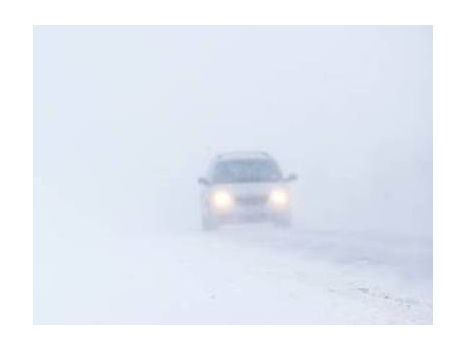The History Channel Teams Up With WNYC Studios To Tell A Story From A Historical Blindspot.
- Inside Audio Marketing

- Jan 18, 2024
- 3 min read

Cable TV networks continue to turn to podcasts to tell more of the stories they are putting on screen or offer content that may not fit into what’s on television. The History Channel and WNYC Studios are again teaming up for a new season of the Blindspot podcast, a critically-acclaimed series that revisits pivotal moments of American history to reveal stories still left untold. The third season is titled “The Plague in the Shadows,” which revisits the largely untold history of communities of color decimated by the HIV epidemic, who remained invisible in the public discussion.
“The History Channel is pleased to build on the legacy of award-winning podcasts and news gathering elements that Blindspot has created,” said Eli Lehrer, Executive Vice President Programming at the History Channel. “We are saddened to expose the outrageous inequity of the epidemic in communities of color, but encouraged to shine a light on it so that more attention and resources can be directed where it needs to go.”
Host Kai Wright, who is also host of WNYC’s nationally-syndicated public radio show and podcast “Notes from America,” worked with Lizzy Ratner of The Nation Magazine to produce six episodes that take listeners back to the mid-80s, when the virus tore through neighborhoods and communities of color. The series tells the story of the people most at risk, who were seen by politicians, policymakers, and the press to be expendable as the mysterious illness rapidly spread.
“I’ve been reporting on the AIDS epidemic since 1996, a time when too many people had already decided it was over,” Wright said. “I decided then to begin telling a fuller story — one that makes plain that HIV/AIDS wasn’t strictly a medical crisis, but a social disease. HIV/AIDS spawned incredible social movements, forced us to confront cruel bigotries in our communities and our government, and it isn’t over. People are still getting infected and some of them are still dying. There’s a lot still to be learned, particularly about the epidemic among Black people and poor people.”
The podcast series is accompanied by a photography exhibit by Kia LaBeija, a New York-based artist who was born HIV-positive and lost her mother to the disease at 14. The exhibit features portraits of subjects heard in “Blindspot” along with other photos from her critically-acclaimed body of work, which was the subject of a one-woman show at Fotografiska in New York in 2022. The exhibit opens with a reception on Jan. 25 at The Greene Space at WNYC, and kicks off a larger Artist in Residence series with LaBeija running throughout the winter.
“WNYC Studios is proud to partner with The History Channel to elevate the voices of people on the frontline of the AIDS epidemic who were largely left out the ‘first draft of history’,” said Kenya Young, Senior VP of WNYC Studios. “Blindspot: The Plague in the Shadows reminds us that people of color, women, children, poor people, and so many others at the margins were also casualties of this unrelenting epidemic – and raises profoundly relevant questions around healthcare equity and grassroots activism today.”
Blindspot: The Plague in the Shadows debuts Thursday, January 18.
The coproduction between The History Channel and WNYC Studios began in 2020 with Blindspot: The Road to 9/11, which brought to light the shadow struggle that preceded the September 2001 terrorist attacks. The second season, Blindspot: Tulsa Burning, launched in 2021 with the 100th anniversary of the Tulsa Race Massacre and explored it reverberates in American culture today.




Comments